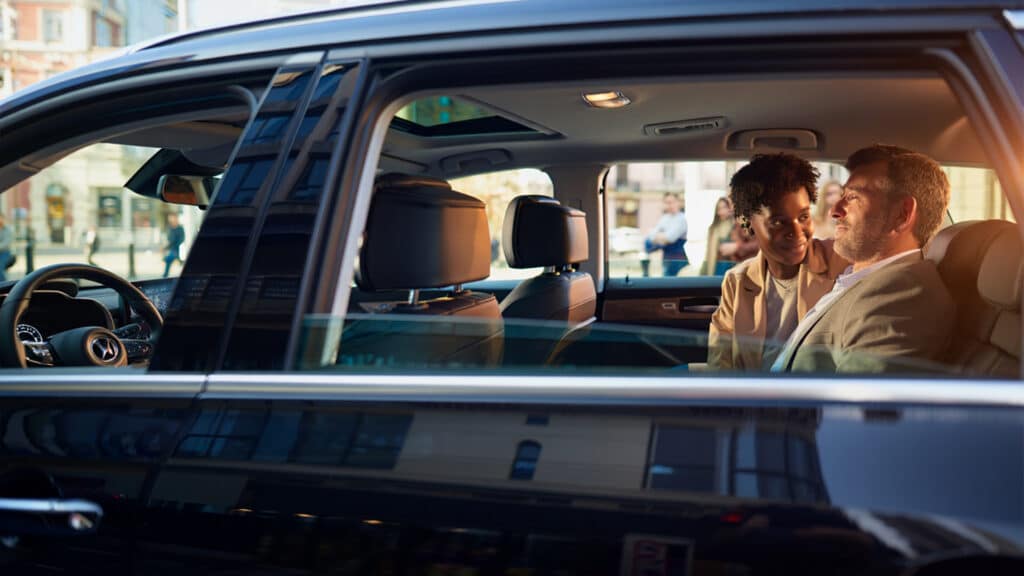Sex in driverless cars: Already an issue in San Francisco, not yet in Kazakhstan

Driverless taxis are quickly becoming a fixture in some major cities, but not without unexpected consequences. Tigran Khudaverdyan, a former top executive at Russian tech giant Yandex, claims the U.S. is already facing a surprising side effect: passengers are increasingly using autonomous taxis for sex, according to the RBC.ru news agency.
«Fake taxi»
Speaking at a session during the St. Petersburg International Economic Forum, Khudaverdyan cited San Francisco as a prime example of how autonomous vehicles are being repurposed in ways no one anticipated. Previously, taxi drivers could stop passengers from doing all sorts of things. Now that the human element is removed, the car becomes the cheapest alternative to a short-stay hotel for intimate purposes.
«In San Francisco, driverless taxis have effectively become an affordable alternative to an hourly hotel,» he said.
In response, Alexey Shelobkov, head of Russia’s X-Holding technology group, quipped that autonomous vehicles are «not just about labor productivity, but also about demographic growth.»
Far from perfect
Experts noted that just a few years ago, the idea of unmanned vehicles seemed like science fiction. Today, however, driverless taxis are actively operating in cities across the U.S., China and other countries. In Beijing, passengers with a local SIM card can already call a taxi without a test driver in the cabin. Russia has been testing similar technology in Moscow and Sochi, with plans to roll it out within the next few years.
But autonomous systems remain far from perfect. In one recent case, a Waymo self-driving car in the U.S. failed to deliver a passenger to the airport, instead circling a parking lot for several minutes. Technical support was only able to remotely regain control on the eighth attempt, causing the passenger to miss his flight.
Kursiv Auto’s earlier reporting highlighted additional concerns with self-driving technology, including delays in recognizing pedestrians and road obstacles. In a separate high-profile incident, a Xiaomi SU7 electric sedan equipped with autonomous driving features crashed into a concrete barrier and caught fire. Three people died in the accident.
Global trends and Kazakhstan
With the increase in global population and rapid urbanization, the idea of expanded urban air mobility with electric vertical takeoff and landing (eVTOL) aircraft is gaining traction. JPMorgan sees the air taxi market reaching $1.0 trillion by 2040, versus just over $3.5 billion in 2023.
In Kazakhstan, media reports in February 2025 indicated that the Ministry of Digital Development proposed to adopt a program to support e-vehicles and driverless cars. International partners such as Waymo (Google), Tesla, Baidu, Mobileye, Yandex and Huawei are planned to be involved in testing driverless technology.
At the same time, the then-Minister of Transport Marat Karabayev announced that a pilot project to launch air taxis is scheduled to be implemented in the first half of 2026. At the initial stage, silent mini-helicopters will carry passengers from Almaty to Alatau, Kazakhstan’s flagship new city project in the Almaty region.


